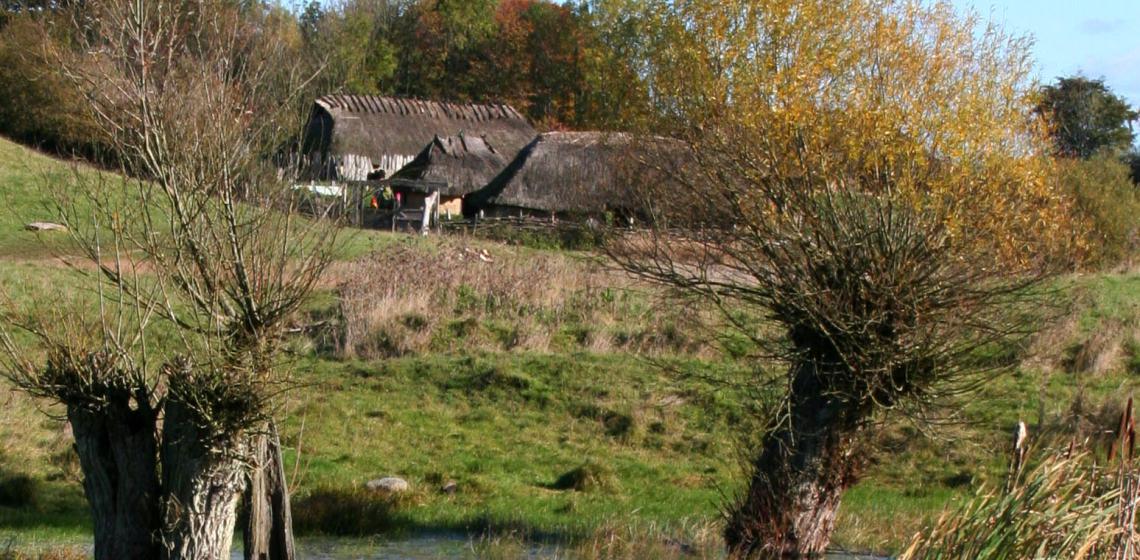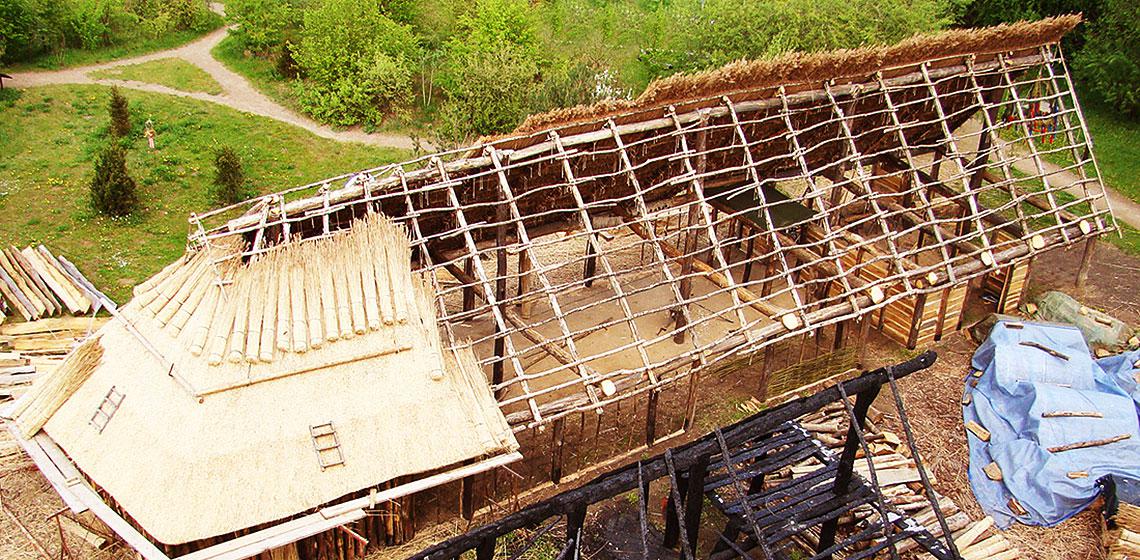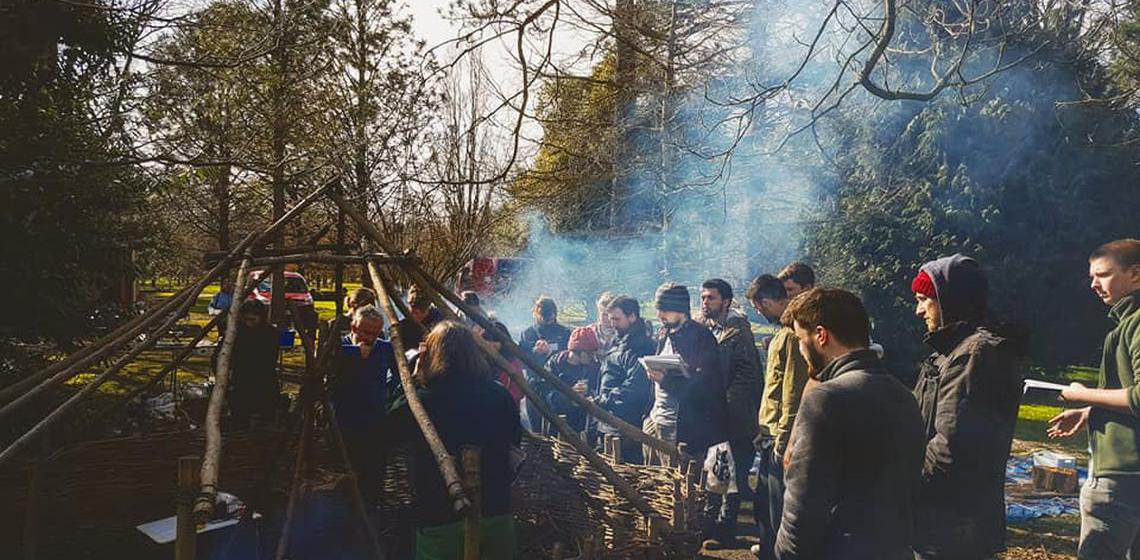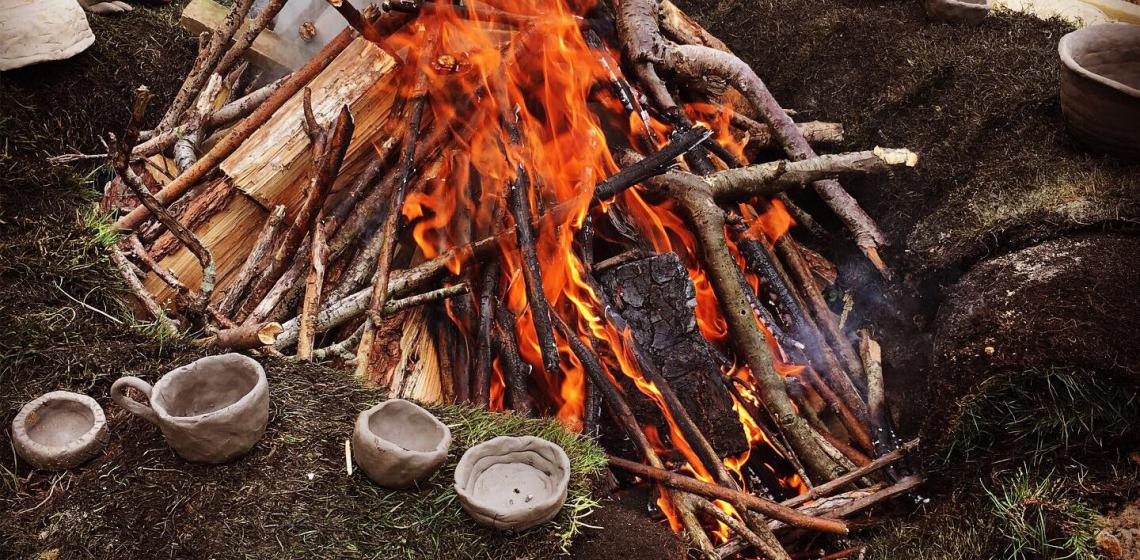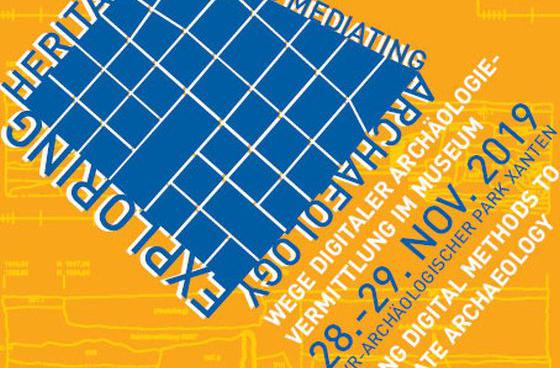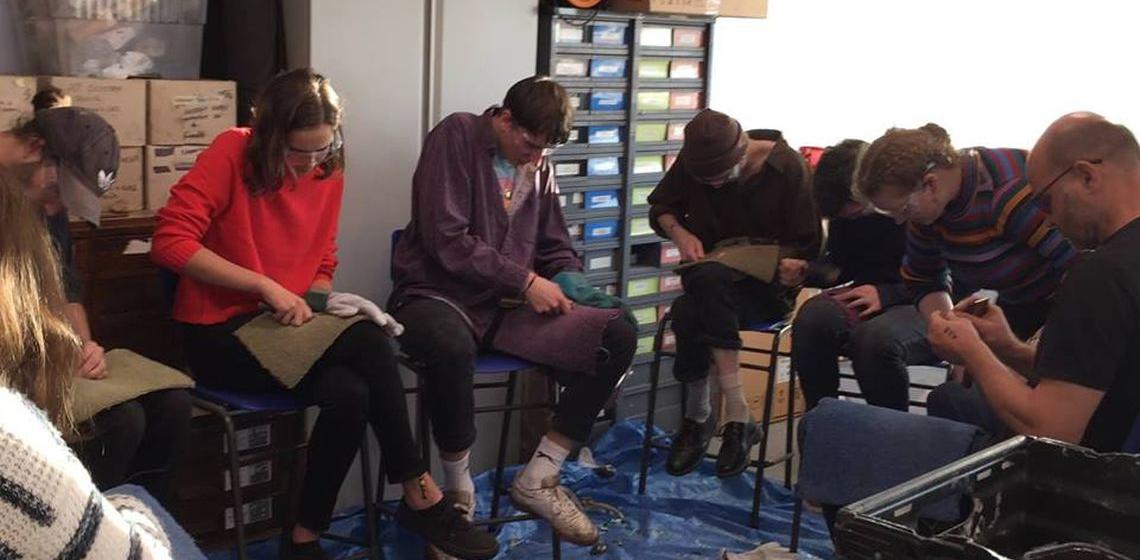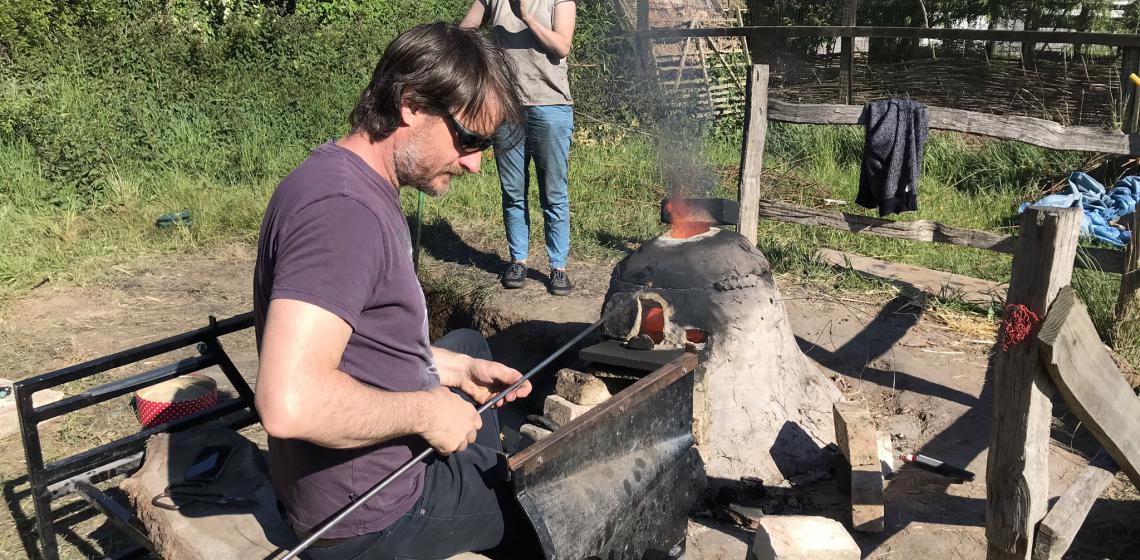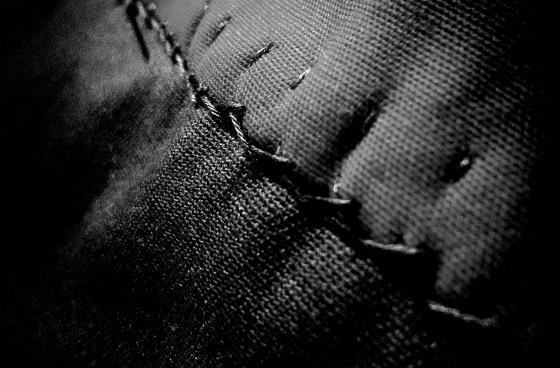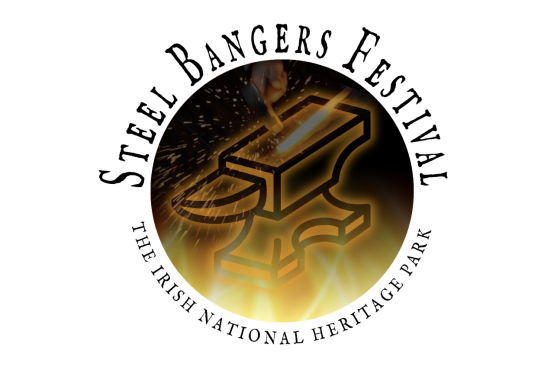Rijksuniversiteit Groningen (NL)
The University of Groningen has seen numerous experimental archaeology projects throughout the years, such as the construction of a medieval sod house and experimentation with growing crops in salt marshes in Frisia. These projects were guided by research interests, but it is not (yet) incorporated firmly in the curriculum. Introductions to flint knapping are provided for new students each year.
The student-led Workgroup Experimental Archaeology Groningen (WEAG) was founded in 2019 to create an environment where fellow students can be introduced to experimental archaeology. They get to know natural materials otherwise only encountered during excavations, while at the same time practising with the creation and implementation of research designs, as well as their execution and presentation.

